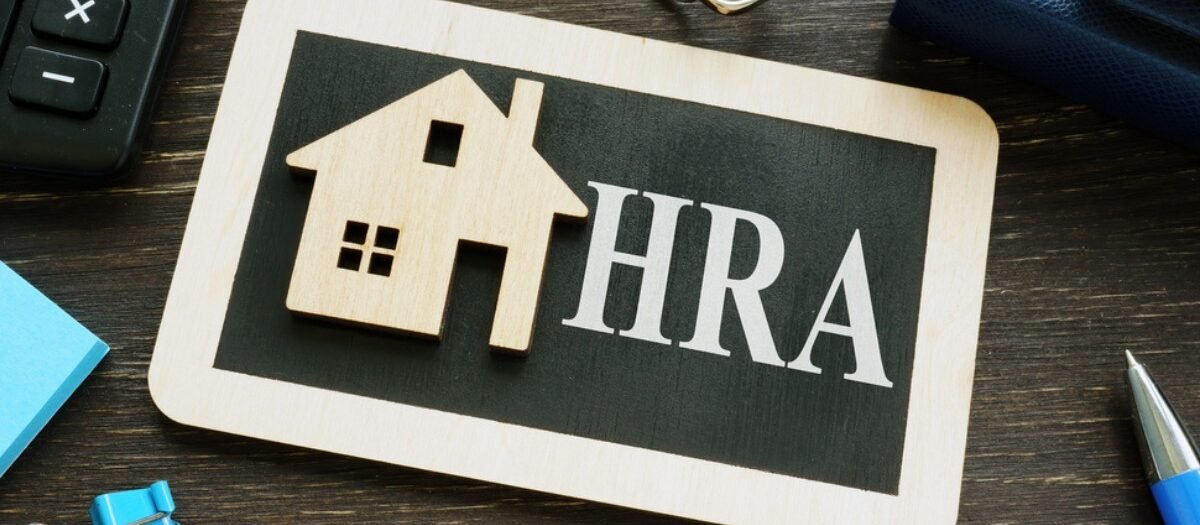
House Rent Allowance (HRA) serves as a significant tax benefit for many salaried individuals, offering relief from the burden of rent expenses. However, recent investigations by tax authorities have shed light on fraudulent HRA claims, often involving the misuse of Permanent Account Numbers (PANs) and erroneous practices by taxpayers.
To ensure compliance and prevent potential scrutiny, it’s crucial to understand and avoid common mistakes when claiming HRA deductions.
- Formalizing Rent Agreements: One prevalent mistake among taxpayers is the failure to formalize rent agreements, especially when renting from family members, relatives, or friends. It’s essential to understand that without a legally binding rent agreement, your HRA deduction could be disallowed during tax scrutiny. Therefore, irrespective of the landlord’s relationship, always document the rent agreement, specifying the terms and conditions of the rent payment.
- Depositing Rent through Bank Transactions: Another misstep often encountered is the failure to deposit rent into the landlord’s bank account, particularly when claiming rent paid to family members or acquaintances. Many individuals tend to rely on cash transactions, assuming that informal payments are acceptable. However, tax authorities may question the legitimacy of such transactions. To avoid complications, ensure that rent payments are made through proper banking channels, providing a clear trail of transactions for verification.
- Supplementary Evidence for HRA Claims: While rent receipts serve as primary evidence for HRA claims, relying solely on them can be risky. Tax authorities typically require additional supporting documents to substantiate the claim. Therefore, along with rent receipts, maintain records such as bank statements reflecting rent payments, lease agreements, or any correspondence with the landlord. This comprehensive documentation strengthens your case and minimizes the risk of deduction disallowance during tax assessments.
In addition to avoiding these common pitfalls, it’s essential to understand the eligibility criteria and limitations associated with HRA deductions. HRA claims are subject to certain conditions, including the actual amount of rent paid, the HRA received from the employer, and the location of the rented property. Familiarize yourself with these guidelines to ensure accurate and lawful tax filings.
Moreover, for taxpayers facing genuine challenges in obtaining rent receipts or formal agreements, exploring alternative options such as affidavits or declarations may be considered. However, it’s crucial to consult with tax professionals or legal experts to ensure compliance with regulations and mitigate risks.
In conclusion, while HRA presents a valuable tax-saving opportunity for salaried individuals, it requires diligent adherence to legal and procedural requirements. By avoiding common mistakes such as neglecting formal agreements, relying solely on cash transactions, or insufficient documentation, taxpayers can safeguard themselves against potential scrutiny and enjoy the benefits of HRA deductions legitimately. Stay informed, stay compliant, and maximize your tax savings responsibly.
Disclaimer:
The content provided in this article, blog, or post (hereinafter referred to as “post”) reflects the personal views and interpretations of the author regarding the relevant laws and statutes. The author does not assume any responsibility or liability for any loss, damage, or consequences arising from the use of this information, nor for any actions taken based on the content presented.
Furthermore, FinanceBox.co.in and its members expressly disclaim any liability, obligation, or responsibility for the opinions, interpretations, or conclusions expressed by the author in this post. Users are advised to consult with qualified professionals or experts before making any decisions based on the information provided herein. The content is intended for informational purposes only and should not be considered as legal, financial, or professional advice.
